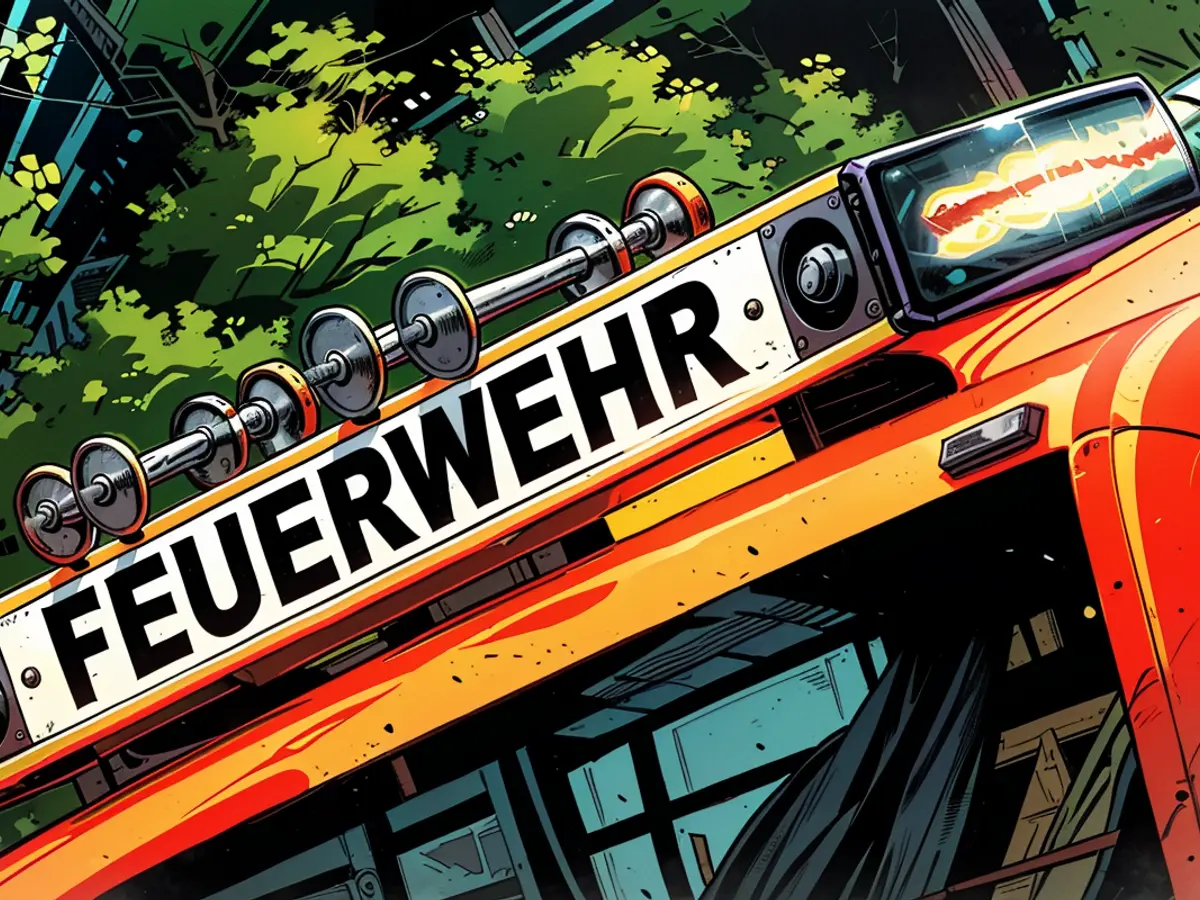- Be wary of bats: No more cave exploration from autumn onwards.
Exploring and venturing into the caves of Franconian Switzerland is still a popular pastime for many, enjoying the coolness. However, this activity significantly reduces in the autumn season, as several caves in the region, known for their unique rock formations within the urban triangles of Nuremberg, Bamberg, and Bayreuth, serve as shelter for bats. Disturbing these creatures during their winter hibernation is prohibited, as it's crucial to protect endangered bat species in Germany.
The "Batnight" on 24th August is an annual event that sheds light on these fascinating creatures. Numerous activities and events occur nationwide, focused on bats, which become active only after sunset.
Caves are a significant draw for hikers and tourists
The Nature Conservation Act clearly defines the restrictions on disturbed winter quarters, as explained by Nicole Meier, an expert on bat conservation at the Bavarian Nature Conservation Association (LBV) and the project coordinator of the Lesser Horseshoe Bat's protection program. Winter quarters for bats must not be disturbed from 1st October until at least 31st March. Besides caves, certain tunnels and cellars also serve as winter quarters.
The increasing popularity of local nature destinations, such as the numerous caves in Franconian Switzerland, has led to increased human activity. Disturbances often occur on the region's hiking trails and can even persist during the cold season, appealed Meier, due to the unique temperature maintained by caves or icicles at the entrance.
"Every cave could potentially be a winter quarter"
Meier emphasized the importance of caution. "Assume every cave could be a winter quarter," indicating that disturbances can lead to detrimental consequences. Bats lower their metabolism during winter, causing their energy reserves to dwindle if they react to any disturbances. As a result, it's advisable to avoid entering caves during winter. Alternatively, there are tourist-developed show caves that are safe and accessible for visitors.
The Bavarian Association for Cave and Karst Research requests: Cave excursions, rescue operations, and other activities should be rescheduled to the months of May to September. Spring remains a crucial period, as food sources are scarce.
To raise awareness about bat hibernation, warning signs are posted on many caves, points out Meier. Not all winter quarters gain widespread recognition, like the one in Bad Segeberg, Schleswig-Holstein, which houses over 30,000 bats, causing the chalk mountain cave to close during their hibernation period, reopening only during spring and summer.
Approximately 25 bat species call Germany home
But how are the bats faring overall in Germany? There are regional variations, according to Uwe Hermanns, the Federal Committee on Bats spokesperson in Nabu. For instance, some forest operations consider bat sanctuaries during their operations, while others do not. Intensive agriculture, a dwindling insect supply, scarcity of suitable housing, excessive night lighting, and wind turbines contribute to the challenges faced by these animals.
Bats are an integral part of the ecosystem, as they feed on harmful insects, according to Hermanns.
Little Horseshoe Bat faces extinction in many federal states
Intensive efforts are underway to protect these wildlife species, reflected in exemplary initiatives like Hohenburg, Upper Palatinate, where Germany's last colony of the Greater Horseshoe Bat is located. This colony has witnessed remarkable growth since the early 2000s, as stated by Meier. With the hopes of establishing a secondary habitat for these animals, the population is continually monitored and protected.
The Little Horseshoe Bat is critically endangered, with little habitat left and populations declining in many German federal states. The Bavarian Conservation Association (LBV) secured a home in the Franconian Switzerland in 2021 to address the urgent needs of these animals, aiming to rebuild their dwindling population.
Other hiking trails in the region also serve as winter quarters for bats, making it essential to exercise caution and avoid disturbing them during their hibernation. The protection of endangered bat species is a collective responsibility, and recognizing other potential winter quarters outside of caves is crucial for their survival.








